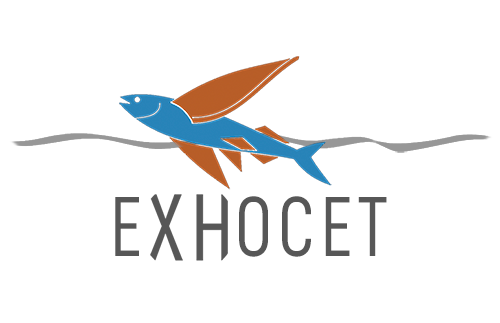On what kind of diet is your organisation?
Consider the paradox. On one side there is this obsessive focus on efficiency and cost reduction. On the other side there is a growing awareness that many of these efficiency efforts are leading to unhealthy situations where co-workers are suffering from paralysing stress, burn outs, ... Well intentioned concepts like "lean management" are perceived as a must and as a threat at the same time, even though not always by the same people...
Couldn't you compare this with going on a diet?
You can rush into a crash diet at any time, some of you are probably considering this very seriously after the excesses of last weeks. In some cases you will really notice spectacular results, at least on one part of the scorecard. But what about your other KPIs? Are you still feeling physically well? How sustainable is your loss of weight? We all know that these crash diets don't work and even can be dangerous. We know that it is not about wildly cutting on food, but about adopting a healthier nutrition pattern and life style. It is the only way to sustainably lose weight, keep in shape and feel great.
Isn't it the same for our companies and organisations?
Aren't they rushing too often into crash diets? Finding themselves after a few months with a skinny but low performing organisation? Putting their human capital, their commercial attractiveness and their sustainability at stake? Instead of looking for healthy patterns of costs and benefits. Cutting on fats and sugars, but within the framework of a healthy organisation, powered by engaged employees, aiming for sustainable performance.
Aiming for sustainable effectiveness
Of course pressure on management is more compelling than ever. Managers' panic when receiving the e-mail with the latest monthly report is the same as the panic of naked men and women just before stepping on their bathroom scale. But it shouldn't keep them from looking at the scoreboard as a whole. Where striving for effectiveness is like striving for a healthy nutrition pattern. Where nourishing human capital and feeding the connections between employees are at the base of the performance pyramid.
How resilient is your team against sudden sick leaves?
Roles, responsibilities and processes are crucial for your effectiveness
They allow each team member to know where he fits into the organisation, where at the same time the team as a whole knows what they can expect from each individual team member. It's not about squeezing people into boxes, it's about having clear agreements on who does what. Processes are not mended as barriers. They are intended to give confidence to all people who are concerned by the process and to structure their communications.
How resilient is your team?
The only nice thing about flu epidemics is that they reveal how resilient your processes are regarding sudden sick leaves. What happens if one or more employees suddenly call in sick? To what extent does this affect your running operations?
Assess your resilience
Here are some simple things you would like to check with a quick assessment of your situation. Don't make it too complicated and focus on the most essential processes and roles.
Establish a matrix, with the main roles on one axis, the main steps of the critical process on the other axis. Now fill in the names of your team members on the grid. Keep it simple! Something like this.
Navigate through your grid and at each critical step, ask yourself:
If this person falls out, is there someone else who can immediately take over (part of) his or here role?
If this is not the case, how critical is this fall out for the process?
How much time can we do without the role being fulfilled? After how many days does it starts to get critical?
Make an action plan
Having made this assessment, you will have a good overview of the hot spots you will have to tackle. Again, don't try to fix them all, but concentrate on those which are really critical. Identify the kind of measures you could take to fall back on for the most critical steps. Take timing into account and work with timeframes of one day, two days, one week, one month. Or use any other granularity of timeframe which would be relevant for your activity.
Participation and communication!
Having made this plan will not help you as such. Make sure that all your team members are aligned on the solutions you have developed. Share your draft with your team at the next team meeting, let them challenge it, take into account their input before finalising it. Make it available to all, easy to find and retrieve. Make sure you will reassess your plan on a regular basis.
One more thing...
Don't forget to include yourself as a team manager and as the person who has to ensure the smooth running of these processes. And if you do forget, don't get sick!
Liked this idea?
Let's get face to face and talk about other things we could do together to improve your team's effectiveness.



